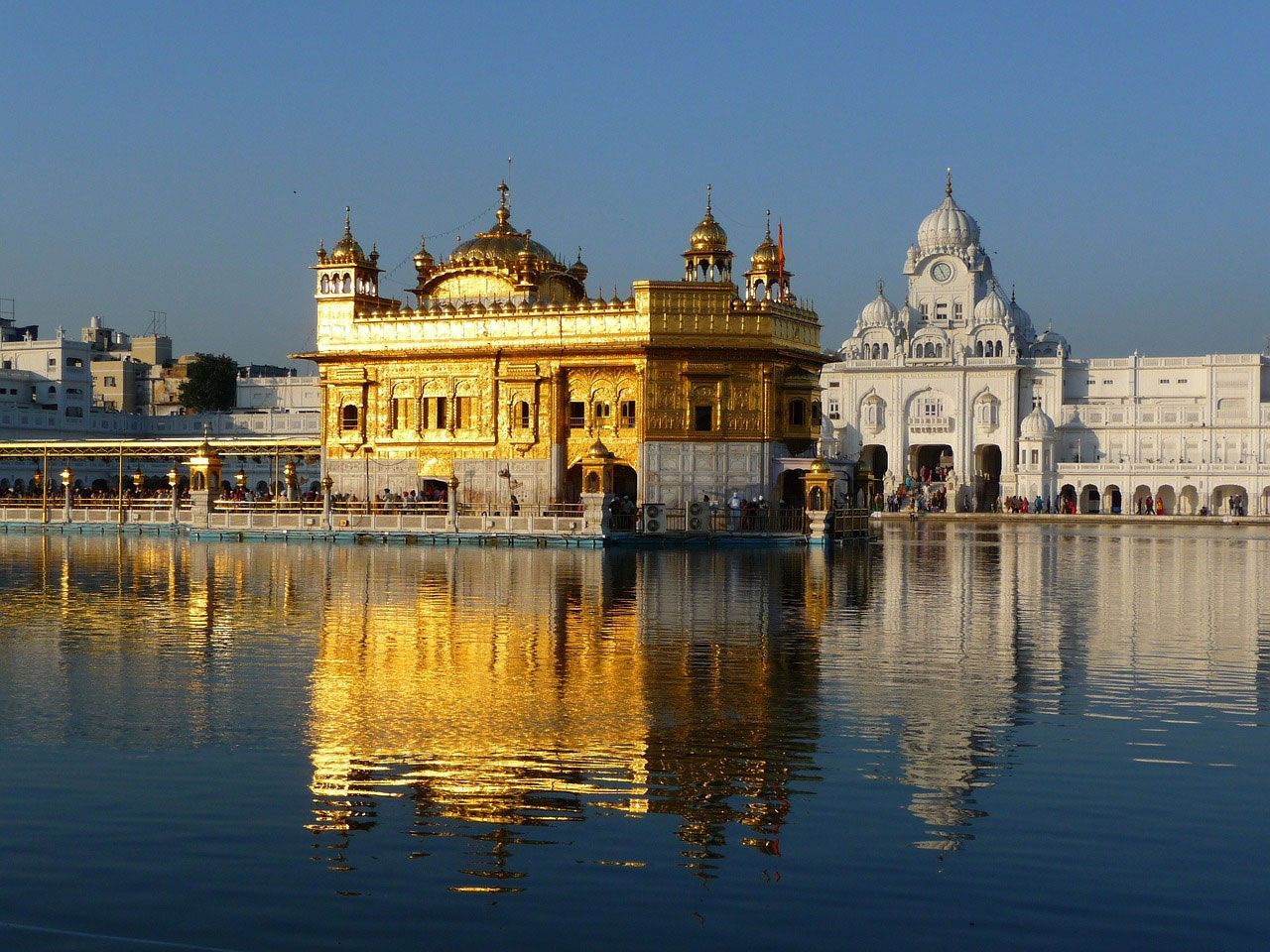Cultural Funerals
Cultural Funerals
Cultural funerals are like heartfelt send-offs that blend tradition and tribute. They're all about celebrating a person's life in a way that holds onto their cultural customs, whether through special rituals, music, or dress. These unique farewells bring everyone closer, letting us remember, share stories, and find comfort in our roots as we say our goodbyes.
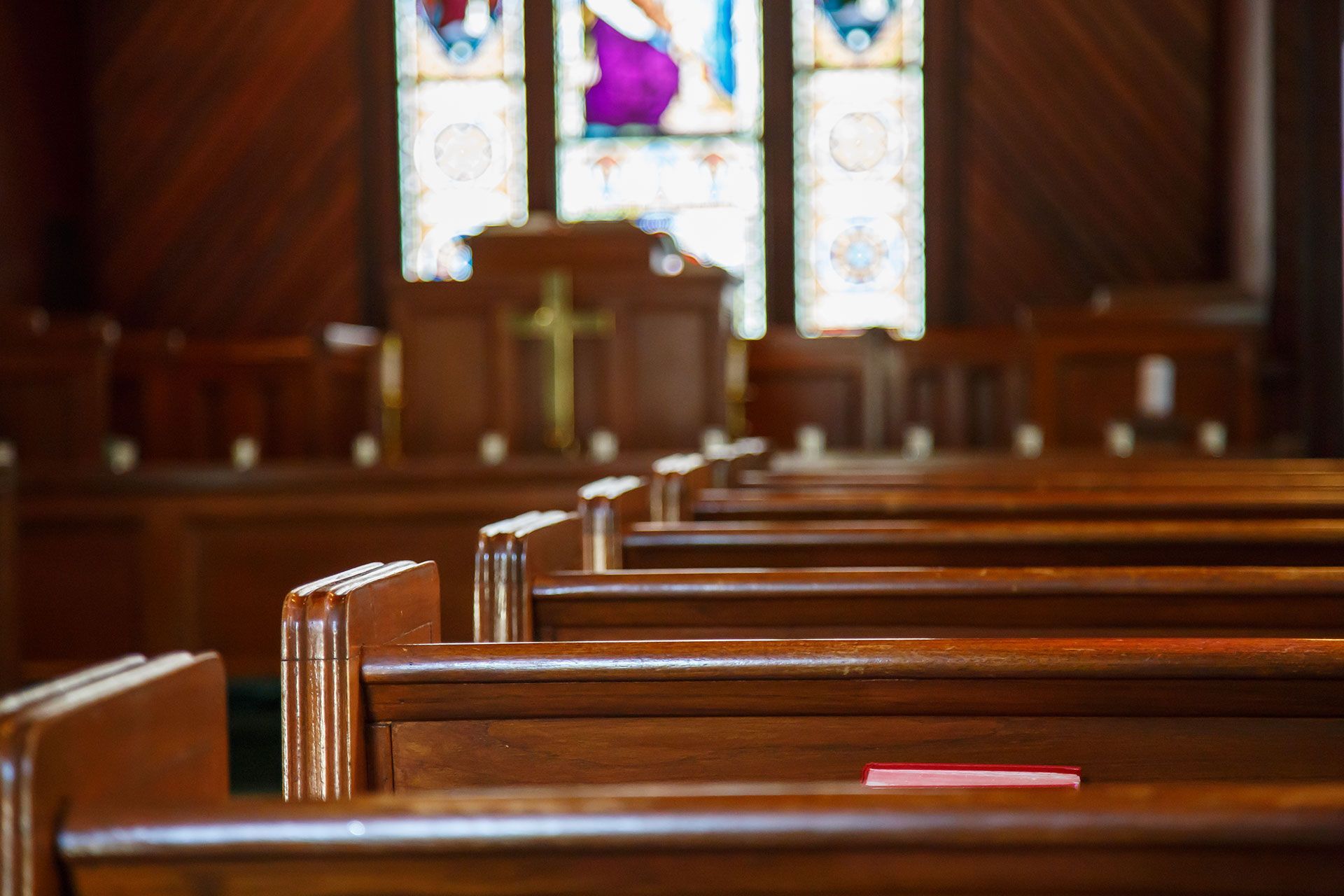
Anglican Funerals
Members of the Anglican church believe that the quality of the afterlife is directly related to how one lived while on earth. Faith in Christ plays a fundamental role in ensuring eternal life with God. Anglicans trust that on Judgement Day, Christ will resurrect those who believed in him.
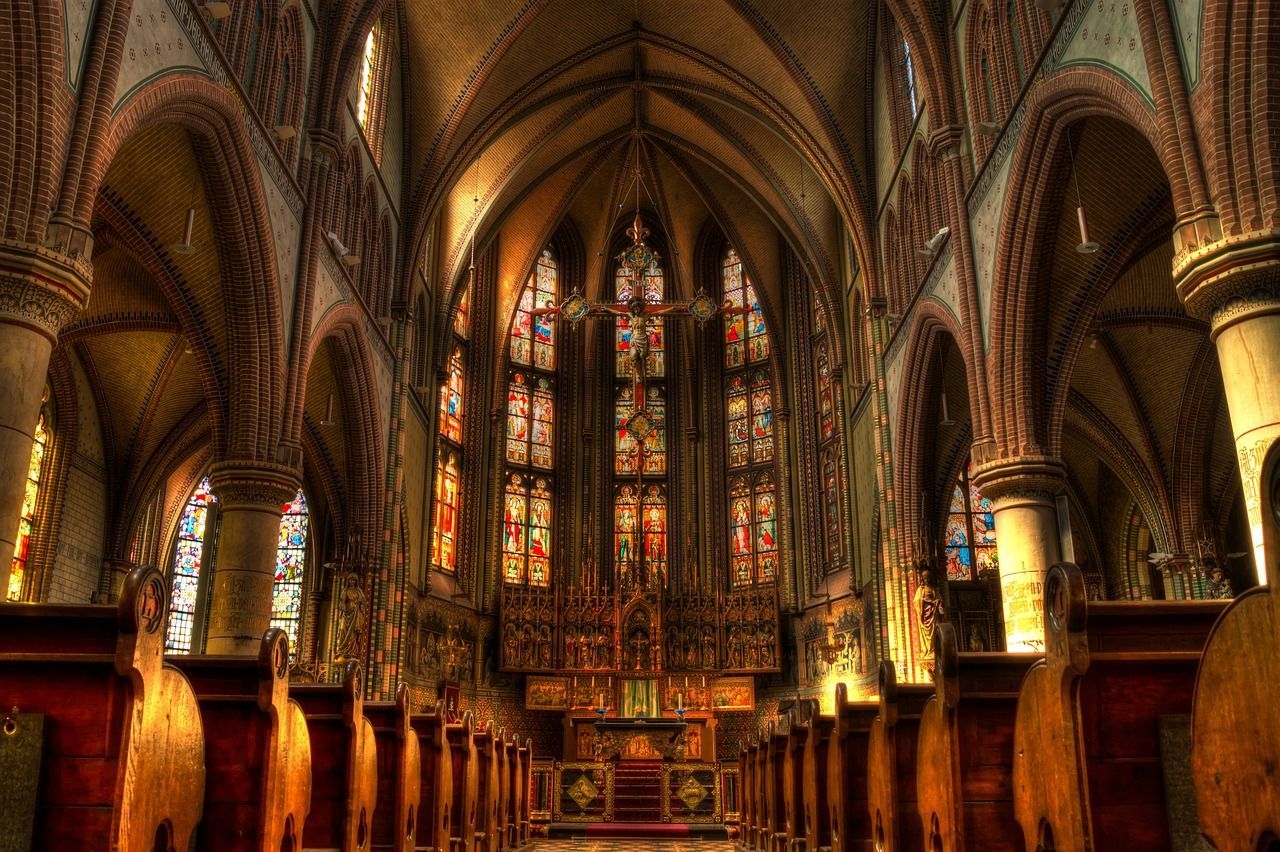
Baptist Funerals
Members of the Baptist faith believe that complete faith in Christ leads to salvation and eternal life in heaven. Baptist funeral services often fall into one of two categories: joyful celebrations of life or somber affairs that focus on God’s power over his people.
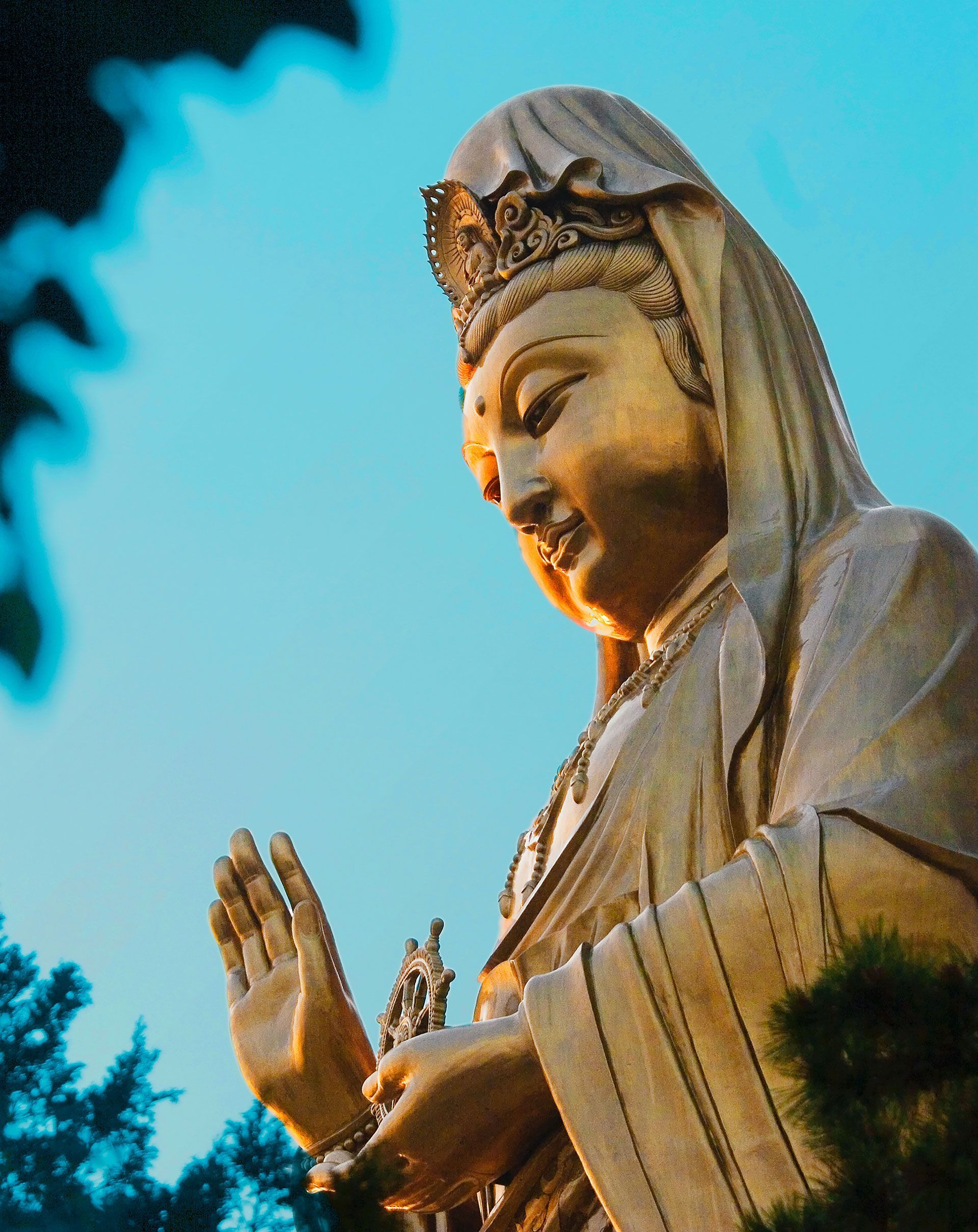
Buddhist Funerals
Buddhists believe in Samsara, the cycle of life and death. In Samsara, people are reincarnated based on actions from their previous lives. The ultimate goal is to separate oneself from all desires and notions in order to be liberated from the cycle. Once achieved, one can reach the state of Nirvana.
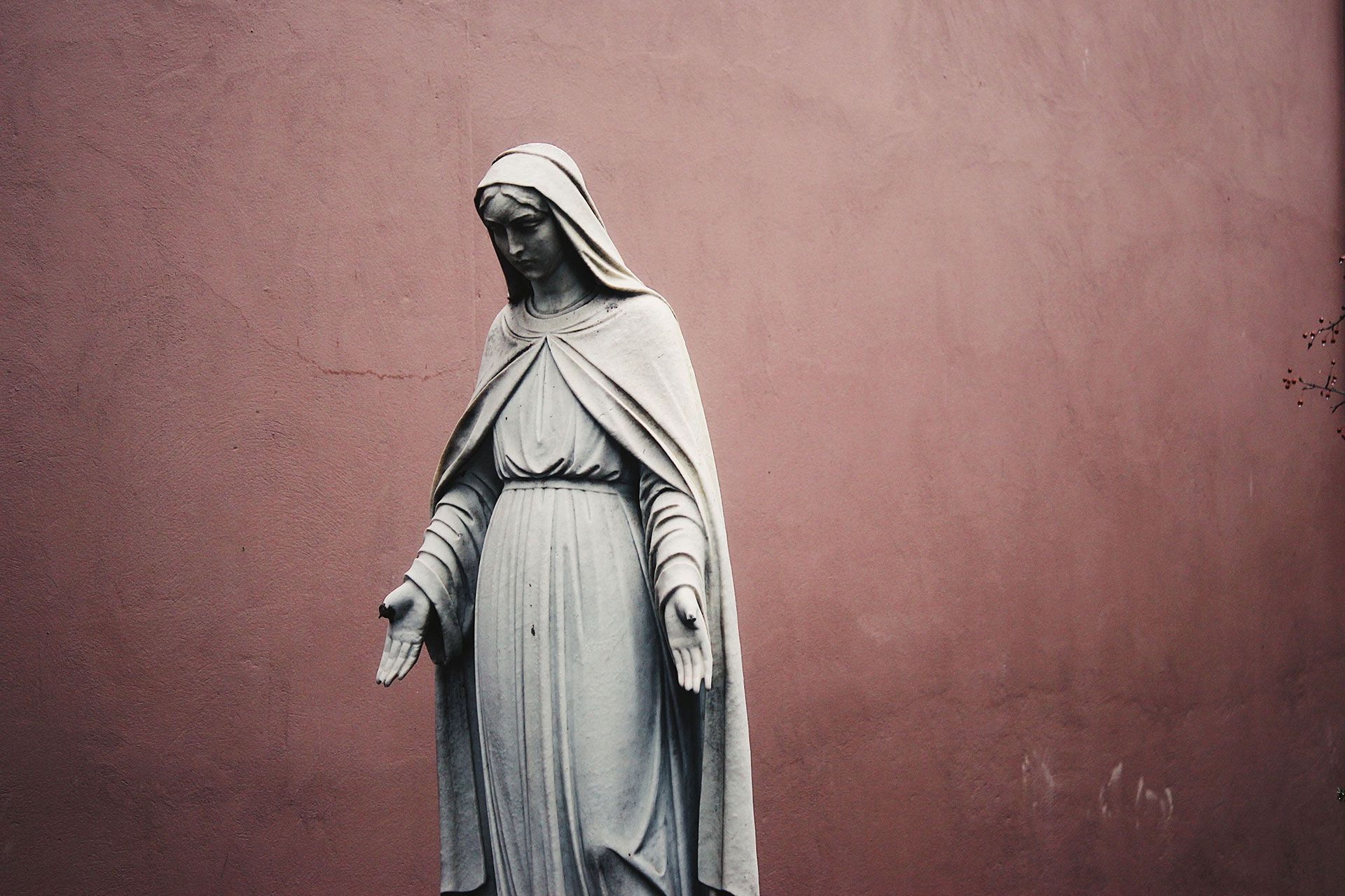
Catholic Funerals
Catholics believe that death is the transition of the soul from the physical world to either Heaven, Purgatory, or Hell. At the time of Christ’s resurrection, the faithful are expected to be brought back to earth.
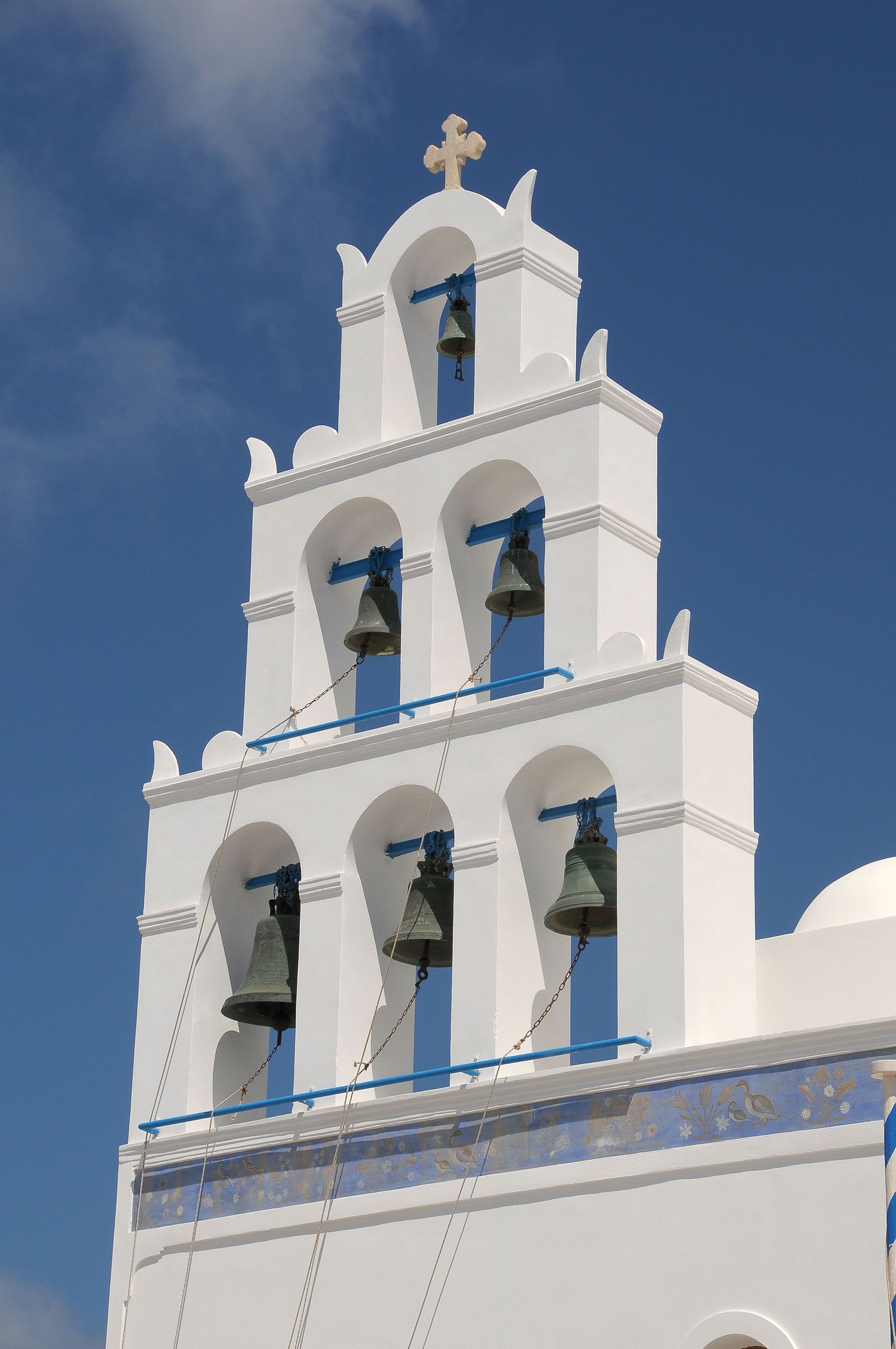
Christian Orthodox Funerals
Catholics believe that death is the transition of the soul from the physical world to either Heaven, Purgatory, or Hell. At the time of Christ’s resurrection, the faithful are expected to be brought back to earth.
Hindu Funerals
Hindus believe in Samsara, the perpetual cycle of life, death, and reincarnation. The goal is to ultimately be separated from Samsara and attain Moksha, the state of liberation.
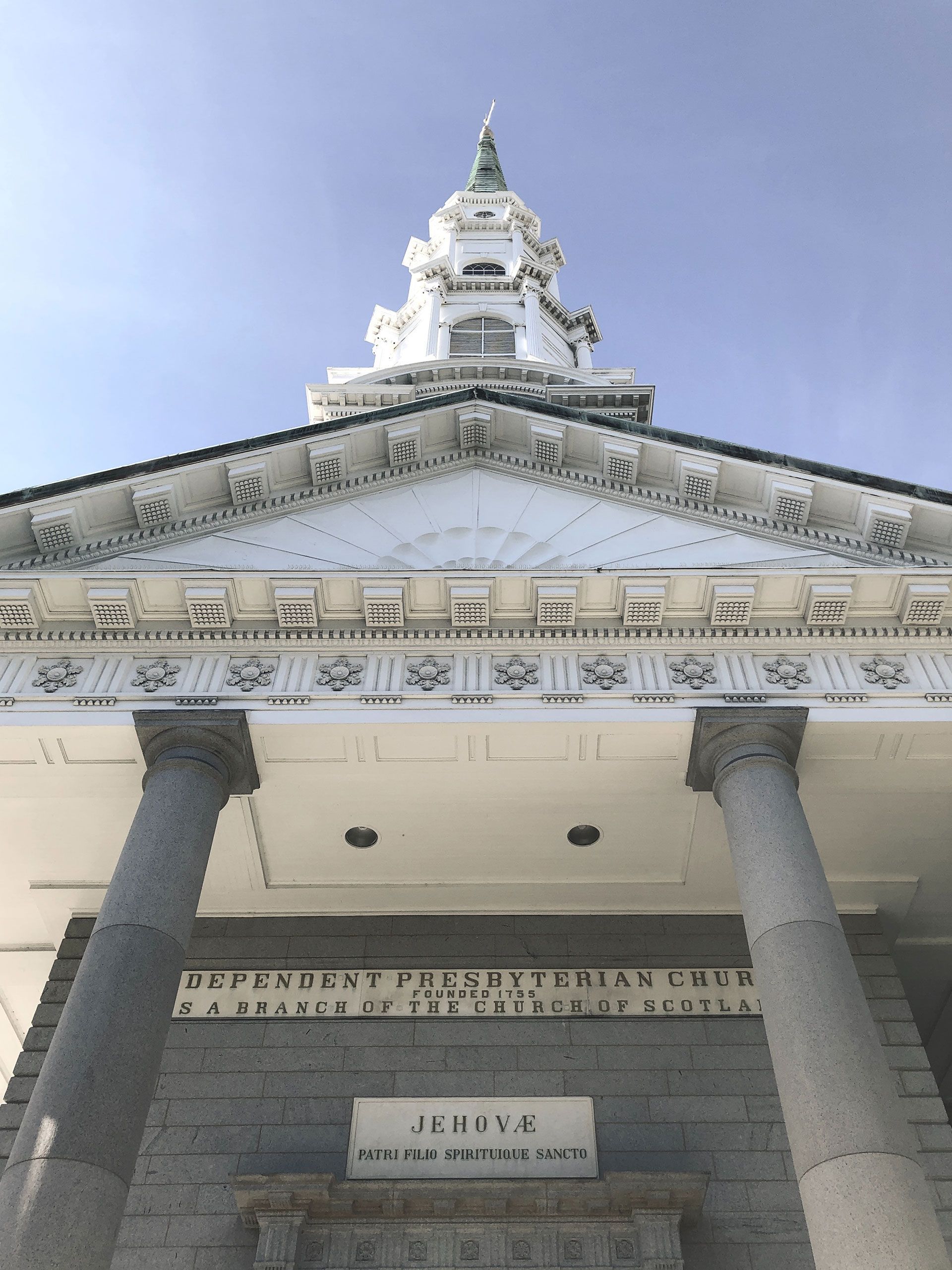
Jehovah’s Witness Funerals
Jehovah’s Witnesses believe that following death, the soul is conscious of nothing. It is only at the time of Armageddon that the wicked will be separated from the righteous- the former to be annihilated and the latter to enjoy eternal life in the Kingdom of God.
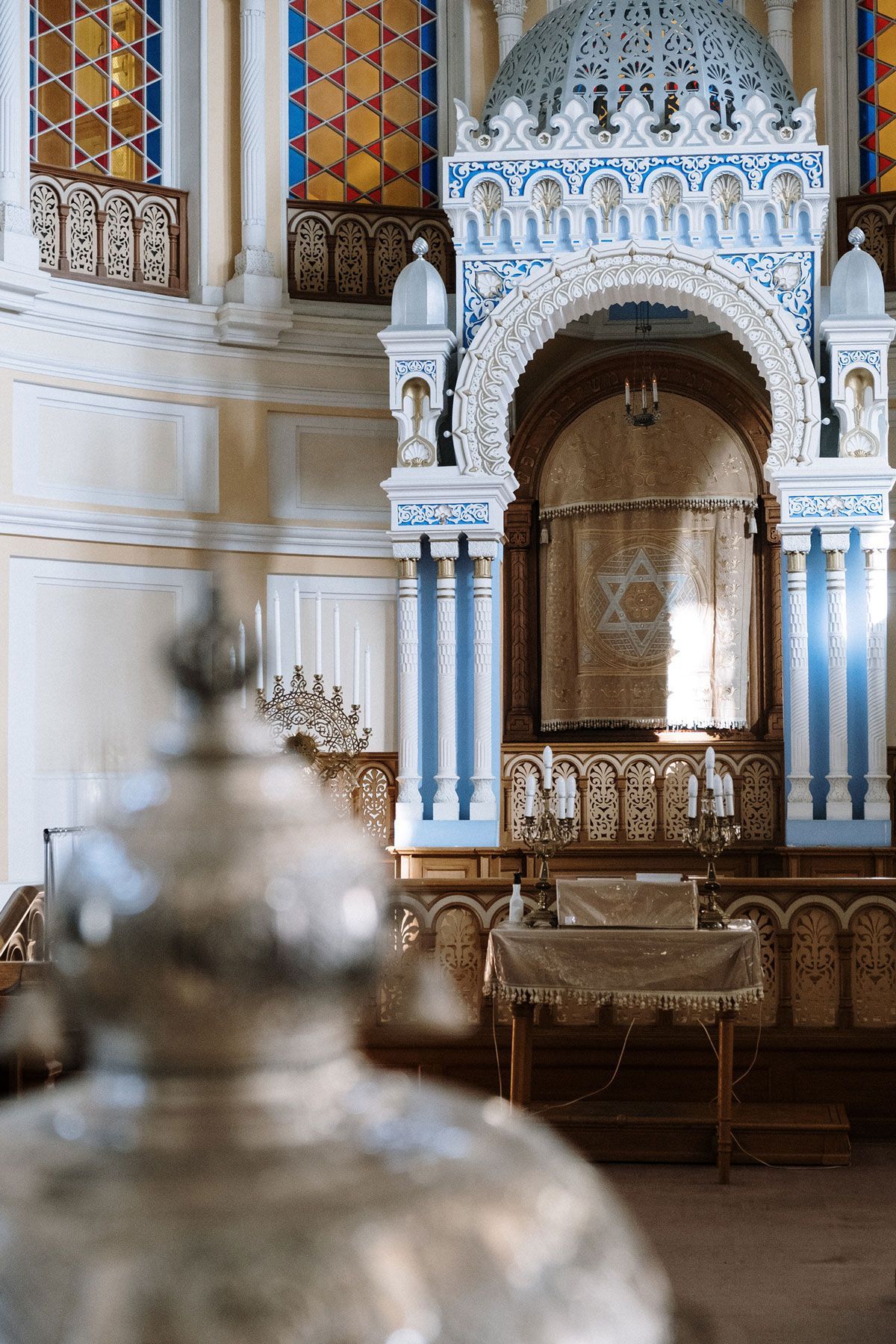
Jewish Funerals
Following the laws and commandments laid out in the Torah will lead to holiness at the forefront of Judaism. Because the focus of the Jewish faith is based on action rather than belief, there is less elaboration about the afterlife. However, traditional Judaism does believe in Judgement Day, as well as the concept of Heaven (Gan Eden) and Hell (Genion). According to Judaism, Judgement Day will see that people are divided into three groups: the righteous who will be sent directly to Gan Eden, the wicked who will be sent to Genion and those who fall in between. Those that fall in between will spend up to 12 months in Genion and then will either proceed to Gan Eden after sufficient purification or be left in Genion for further punishment. It is believed that this is why those of the Jewish faith only mourn for 11 months as one would wish that their dearly departed would not require the full 12 months of purification.
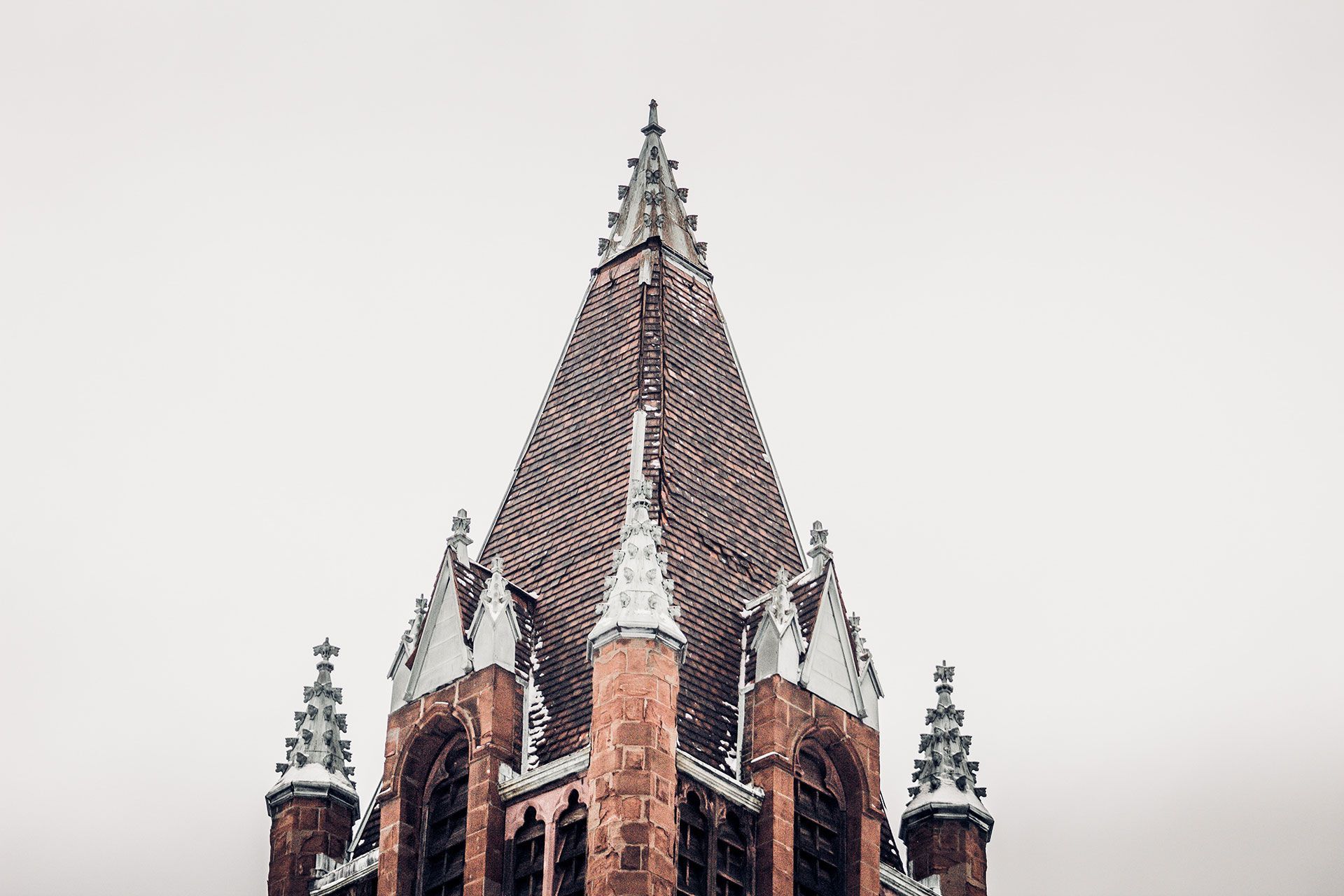
Lutheran Funerals
The Lutheran faith suggests that when a person dies, they either go to Heaven or Hell. They believe that God has made it possible for people to go to Heaven if they believe and have accepted that Jesus died to save them from their sins. Lutherans believe that there is nothing a person could do in order to get into Heaven other than believe. According to Lutheran beliefs, anyone who has not accepted Jesus as their saviour will go to hell and suffer there for eternity.
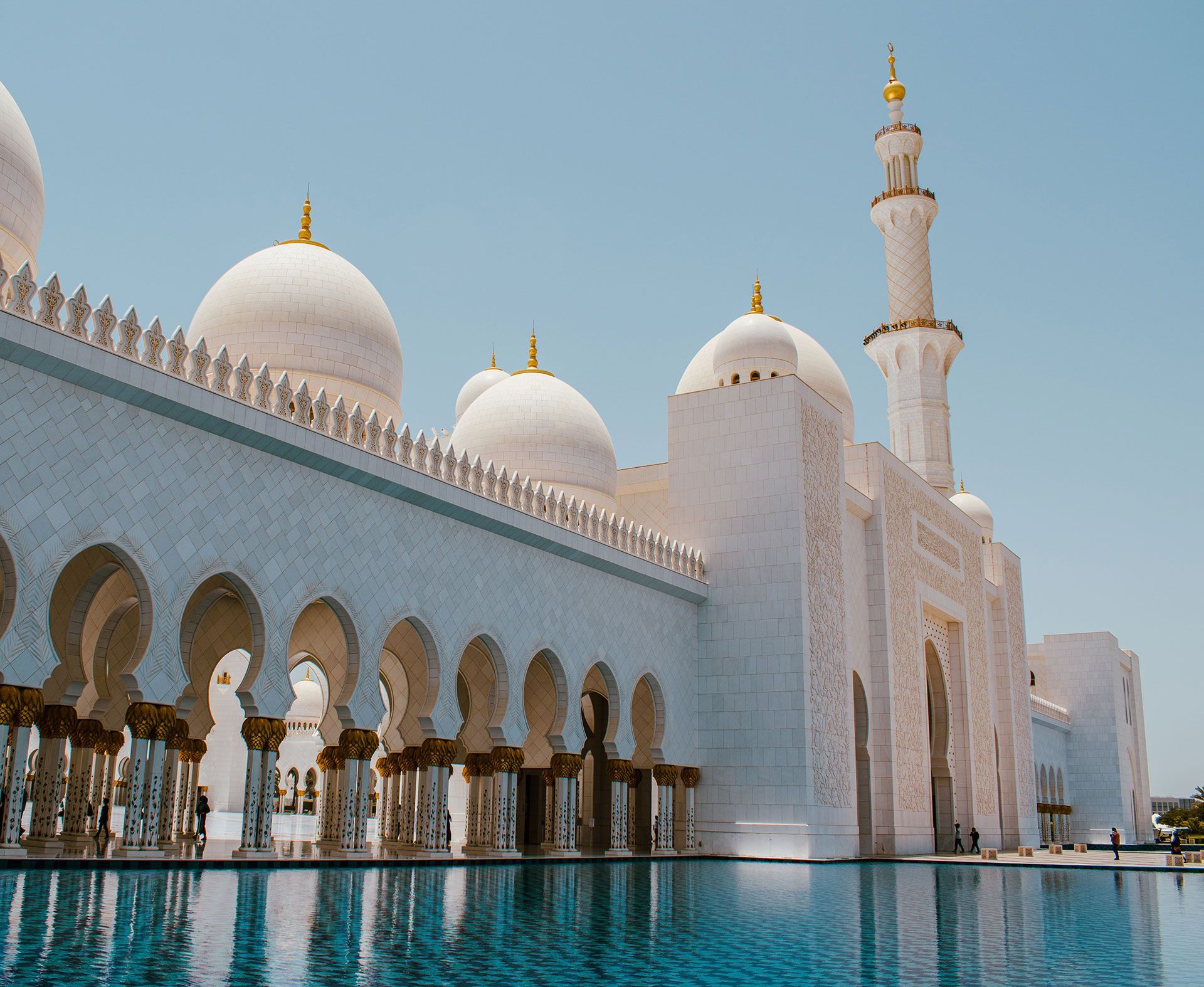
Muslim Funerals
Those who practice Islam generally believe that after someone dies, the actions they have committed in their life will either yield their entry into Paradise in which they experience peace, or they will be condemned to Hell in which they experience suffering. Some Muslims believe that the dead will remain in their tombs until the Last Day (Day of Judgement), then they would either go to Paradise or Hell.
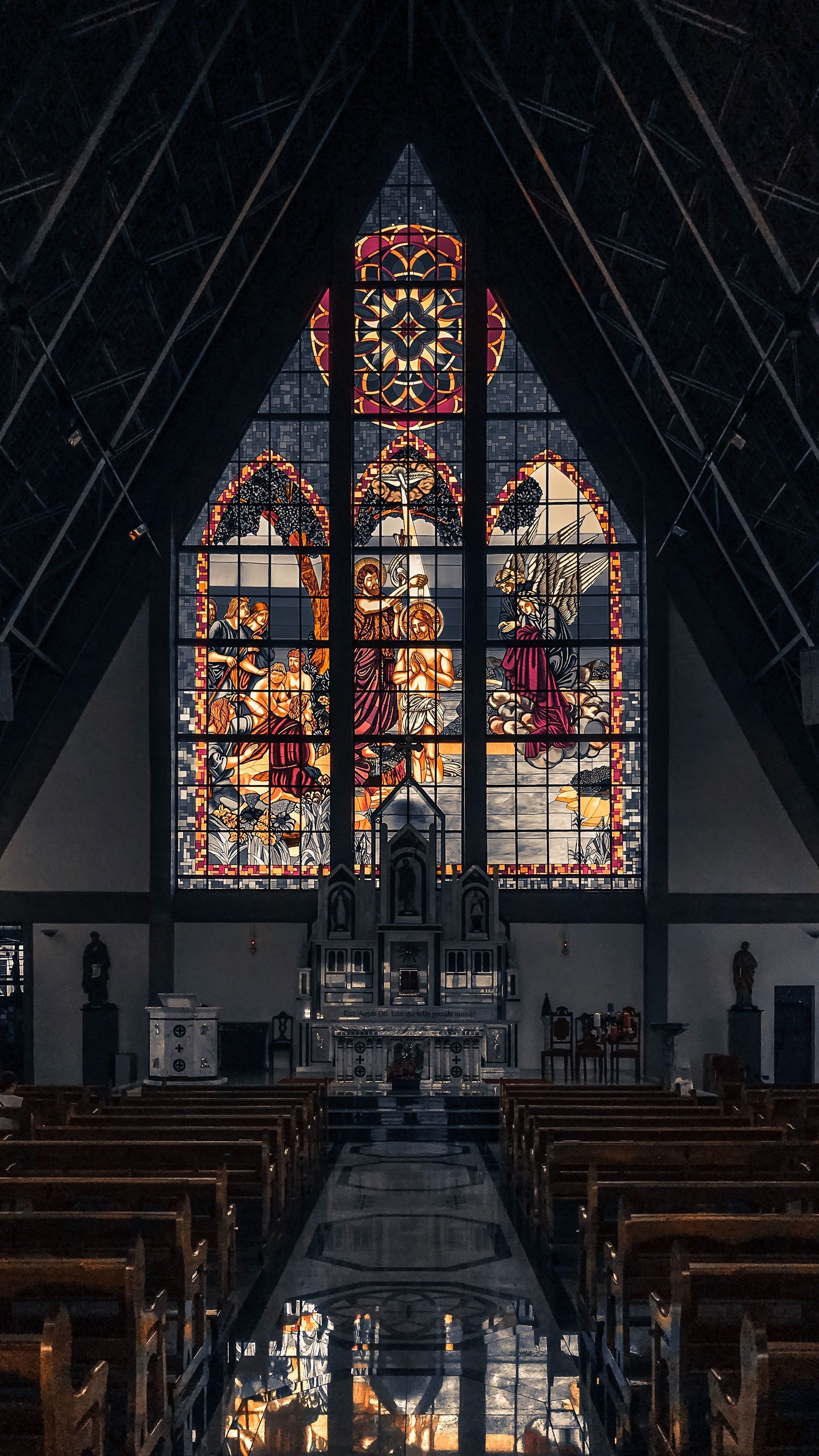
Pentecostal Funerals
Pentecostalism is similar to other forms of Christianity in some beliefs, however, it interprets the Bible literally. Pentecostals believe that when someone dies, they will spend an eternity in either Heaven or Hell, depending on whether they have accepted God’s gift of Salvation or not. Salvation can be obtained by being reborn through faith in Jesus Christ, repentance and acknowledgement of sin and turning away from it.
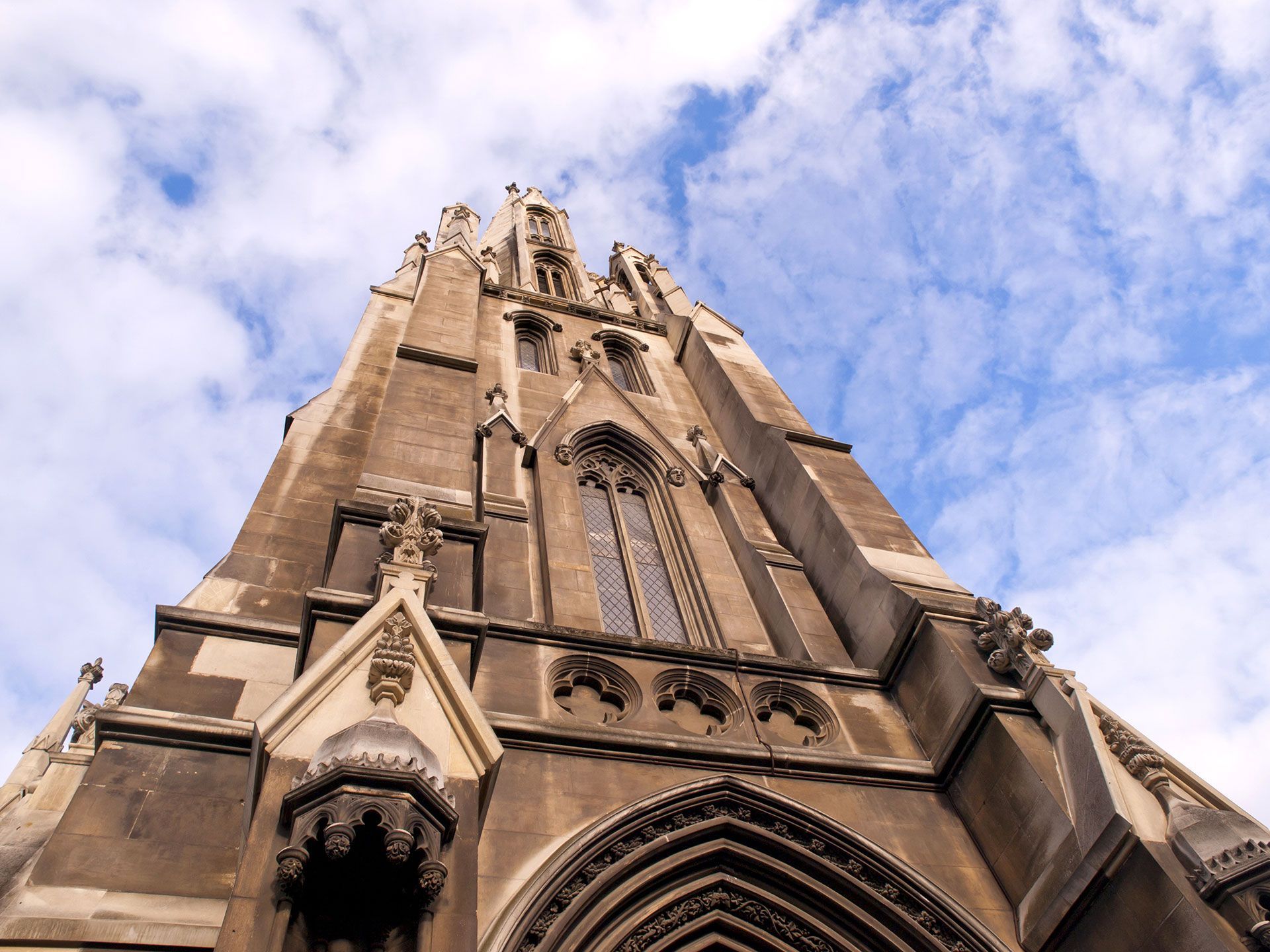
Presbyterian Funerals
Presbyterians generally believe that when someone dies, they will experience eternal life. However, the quality of this eternal life depends on the goodness of their actions during life and their relationship with God. If they have not led a good life or had a bad relationship with God, then they would be punished with eternal life in Hell. If they had a good life and kept a good relationship with God, then they would be awarded eternal life in Heaven.
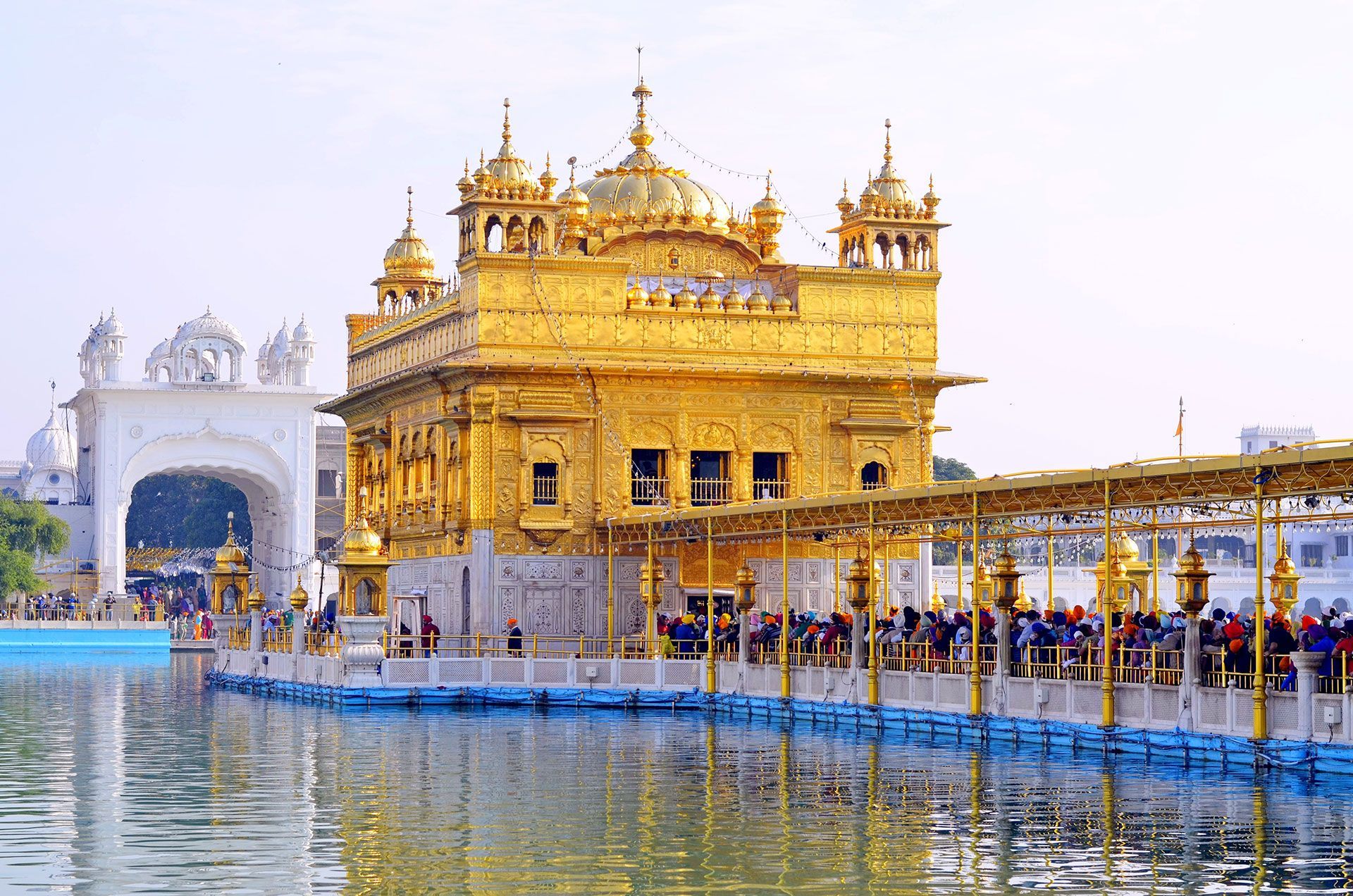
Sikh Funerals
The Sikh religion preaches, devotion to God, truthful living, and equality. Sikhs believe in the reincarnation of the soul after death with the understanding that the form they’re reborn to is directly influenced by their actions in previous lives. The ultimate goal is liberation from this cycle.

Non-Religious Funerals
Non-Religious funerals have become more common in North America due to the increasingly diverse culture. These funerals are often held when the deceased has had no religious affiliation during their lifetime or has chosen to not have a religious funeral before their passing. Due to the absence of religious traditions, non-religious funerals often have no guidelines and are usually planned by the funeral director with the family members of the deceased based on what they think the deceased wanted or would have wanted their funeral to be like.

